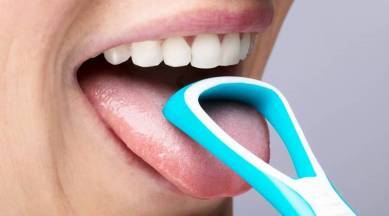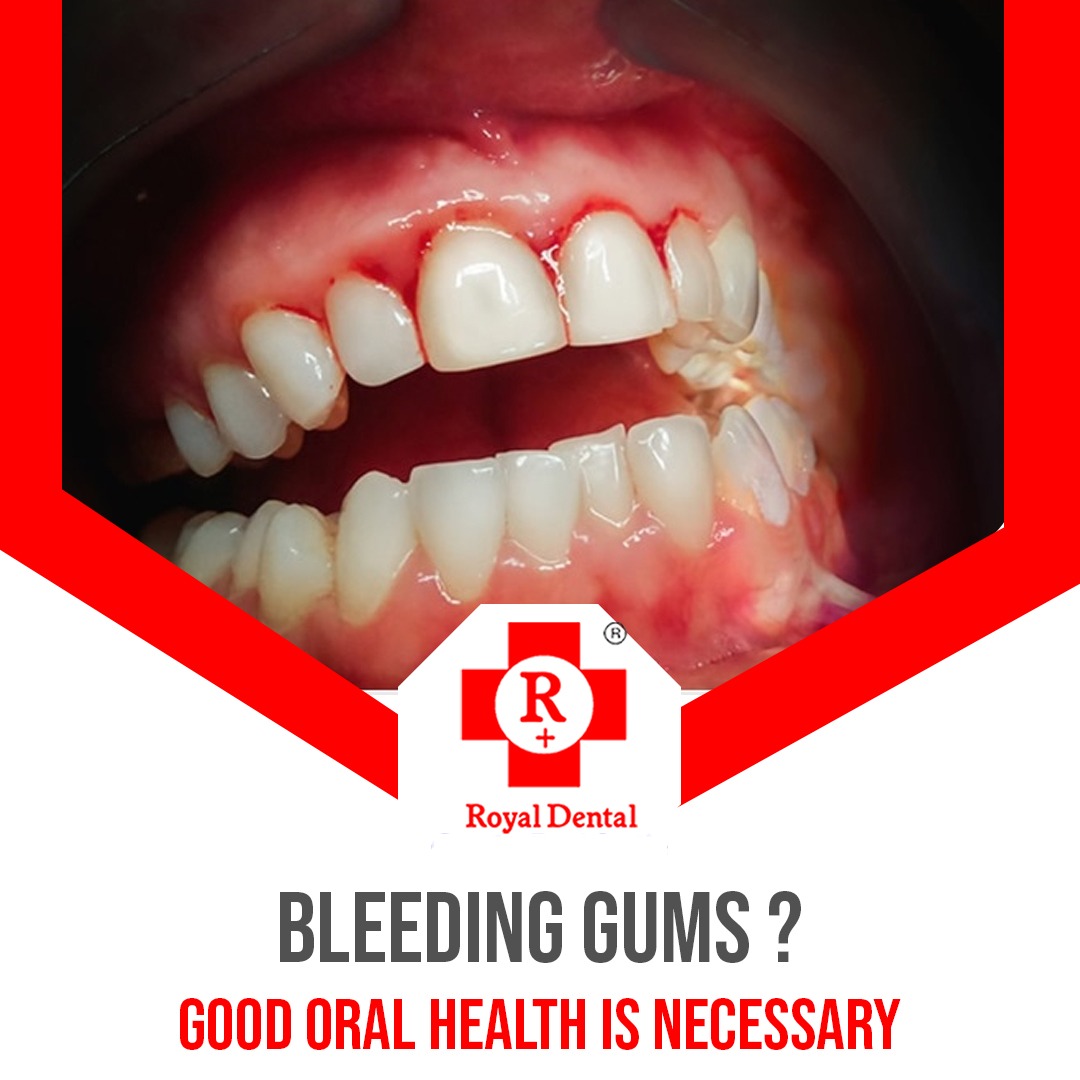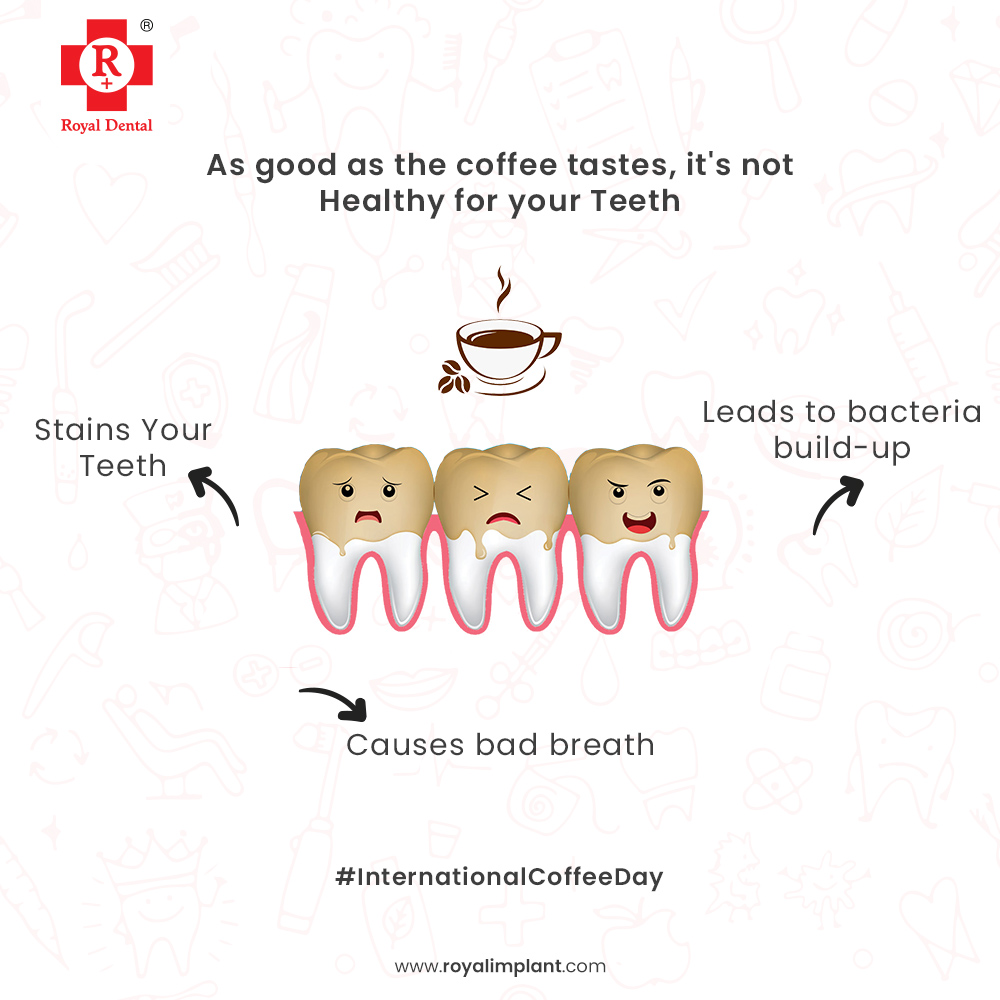If you’ve ever had an itchy roof of the mouth, you are aware of how bothersome and distracting it can be. Relief is the main aim, regardless of the cause—dry mouth, allergies, or other problems. We’ll look at useful advice and solutions in this blog post to help you stop the constant itching. We’re keeping things easy here, so there’s no need for complex medical language or perplexing solutions. Now that you’ve explored the realm of calming your agitated palate, you can resume relishing your meals and chats without the constant discomfort.
Why Is The Roof Of Your Mouth Feel Itchy?

- Allergies: This is a common culprit. Allergies to food, pollen, or medications can cause an itchy mouth and throat. If you suspect allergies, especially if you have other symptoms like sneezing, runny nose, or watery eyes, consider what you might have eaten or been exposed to recently. You can also try taking an over-the-counter antihistamine to see if it relieves the itch.
- Viral Infection: A cold, the flu, or another viral infection can sometimes cause an itchy mouth and throat. This is usually accompanied by other symptoms like a sore throat, cough, fatigue, or fever. If you think you might have a viral infection, there’s not much you can do besides letting it run its course and taking steps to relieve your symptoms, such as gargling with warm salt water.
- Dry Mouth: Dryness can irritate the tissues in your mouth, leading to itchiness. This can be caused by dehydration, certain medications, or medical conditions. Drinking plenty of water and sucking on sugar-free lozenges can help alleviate dryness.
If the itchiness is severe, persists for a long time, or is accompanied by other concerning symptoms like trouble breathing or swelling, it’s best to consult a doctor or dentist to determine the cause and get proper treatment.
Knowing when to Seek Professional Help?
Periodically experiencing itching on the roof of the mouth might not be alarming, but severe or chronic symptoms call for medical attention. Dentists such as Dr. Chirag Chamria can help in this situation. A qualified dental practitioner can examine your mouth in detail to find any underlying problems causing the itching. Whether it’s infections, allergies, or other issues related to oral health,.
Furthermore, receiving prompt medical care is essential to avoiding complications and achieving symptom relief. For professional advice and individualized treatment, don’t hesitate to contact Dr. Chirag Chamria if you’re struggling with an itchy roof of the mouth that just won’t go away. Your oral cavity will appreciate it!
Itchy Roof Of Mouth At Night: Why Does It Happen
An itchy roof of your mouth at night could be due to dryness from reduced saliva production during sleep, postnasal drip irritating the area when lying down, side effects of allergy medications, or unconscious teeth grinding. To find relief, try staying hydrated throughout the day, using a humidifier at night, gargling with salt water, avoiding allergy triggers before bed, and practicing good oral hygiene. If the itch is severe or persists, consult a doctor or dentist to rule out other causes.
Itchy Roof Of Mouth Home Remedy
1. Natural Soothers
The natural world has provided us with an abundance of substances that can effectively relieve the itching sensation in the roof of the mouth. For quick treatment, apply aloe vera gel, which is well known for its calming qualities, immediately to the afflicted area. Just take a tiny bit of a newly cut leaf’s gel and softly rub it against the roof of your mouth.
Honey, with its antibacterial and anti-inflammatory qualities, is another household hero. One way to help soothe and reduce inflammation in the itching area is to apply a thin layer of honey to it. To get the most benefit, utilize raw, unprocessed honey.
2. Power of Hydration
It’s important to keep well-hydrated in order to get relief from the itching on the roof of the mouth, as dehydration might make it worse. Drink lots of water throughout the day to keep your mouth hydrated and avoid itching due to dryness. Herbal teas with additional calming properties, like peppermint or chamomile, can also aid in oral hydration.

3. Cooling Techniques
A strong cold can sometimes be just what you need to stop that persistent itching. Drinking cold liquids, such as water or herbal tea, might numb the afflicted area and reduce inflammation, giving relief right away. For a chilly, refreshing burst, try sucking on ice chips or placing a cold compress on the roof of your mouth.
4. Saltwater
Saltwater rinses are one of the most traditional and successful treatments for dental discomfort. As a mouthwash, combining a teaspoon of salt with a glass of warm water will help kill bacteria and reduce inflammation, offering comforting relief from itching. Several times a day, gargling with salt water can help reduce symptoms and encourage the damaged area to heal.
Itchy Roof of Mouth Treatment Options
1. Medicinal Marvels
Over-the-counter (OTC) drugs can offer extra comfort from itching in the roof of the mouth when home therapies are insufficient. Antihistamines, which are frequently used to treat allergies, can lessen allergic reaction-induced itching. Ibuprofen is one example of a nonsteroidal anti-inflammatory medicine (NSAID) that can help lessen pain and inflammation.
Prescription drugs could be required in more extreme situations to treat underlying conditions such as oral thrush or persistent allergies. In order to reduce inflammation and relieve symptoms, corticosteroids may be used in addition to antifungal drugs to help remove fungal infections.
2. Professional Interventions
In circumstances where the itching on the roof of the mouth is severe or frequent, visiting Dr. Chirag Chamria may be required. To find any underlying problems causing the itching, a dentist can perform a thorough assessment of your oral health.
Dr. Chamria may suggest particular dental procedures or treatments to deal with the underlying cause of your discomfort, depending on the diagnosis. This could involve having your teeth professionally cleaned to get rid of plaque and tartar buildup, getting dental crowns or fillings to fix broken teeth, or even having oral surgery to extract wisdom teeth.
3. Allergy Management
If your itching is due to allergies, the best way to control them is to recognize and stay away from triggers as much as you can. To identify the precise allergens causing symptoms, allergy testing can be necessary. After an allergen has been discovered, you can reduce your exposure to it by changing your diet, utilizing air purifiers, and putting other allergy-prevention techniques into practice.
Allergen immunotherapy, sometimes referred to as allergy shots, may be suggested in certain circumstances in order to gradually desensitize your immune system to particular allergens and lessen the intensity of your allergic reactions.

4. Lifestyle Adjustments
Changing one’s lifestyle can help significantly with managing itching in the roof of the mouth, in addition to medication therapies. This involves maintaining proper oral hygiene by cleaning and flossing on a regular basis to get rid of bacteria and food particles that might irritate the mouth.
Dietary adjustments could also be required to stay away from items that worsen oral discomfort or cause allergic responses. Yogurt, bananas, and oatmeal are examples of calming foods that you can include in your diet to help reduce symptoms and support dental health.
Prevention Strategies for Future Comfort
Oral Hygiene 101
- Brushing: Brush your teeth at least twice a day using a fluoride toothpaste. Pay special attention to the roof of your mouth, as this area can harbor bacteria and irritants. Use gentle, circular motions to clean the palate thoroughly.
- Flossing: Regular flossing is crucial for removing debris and plaque between your teeth and along the gumline. Ensure you floss gently to avoid irritation, especially on the sensitive roof of the mouth.
- Mouthwash: Incorporate an antiseptic or antimicrobial mouthwash into your routine. Swishing with mouthwash can help kill bacteria, reduce inflammation, and promote overall oral health.
Mindful Eating
- Identify triggers: If you’ve experienced itchiness before, identify and avoid specific foods that may have triggered the discomfort. Common culprits include spicy and acidic foods, which can irritate sensitive oral tissues.
- Stay hydrated: Drinking an adequate amount of water helps maintain moisture in your mouth, preventing dryness and potential irritation. Aim to consume at least eight glasses of water daily.
Regular Dental Check-Ups
- Professional cleanings: Regular cleanings remove plaque and tartar buildup, reducing the risk of irritation and inflammation.
- Comprehensive exams: Dr. Chamria can conduct thorough examinations to identify any early signs of oral health issues. Early detection allows for prompt intervention and the prevention of future discomfort.
- Personalized advice: Receive personalized guidance on maintaining good oral hygiene, managing allergies, and making lifestyle adjustments to prevent itchiness in the roof of the mouth.
Conclusion
We’ve discovered insightful information and practical solutions in our quest to overcome itching in the roof of the mouth. Making frequent dental check-ups, careful eating, and good oral hygiene a priority will allow you to face discomfort head-on and experience long-lasting relief. The future might be free of itching in the roof of the mouth with the help of specialist Dr. Chirag Chamria. To ensure a better, more comfortable future for yourself and your teeth, take control of your oral health journey and put professional advice to use.






